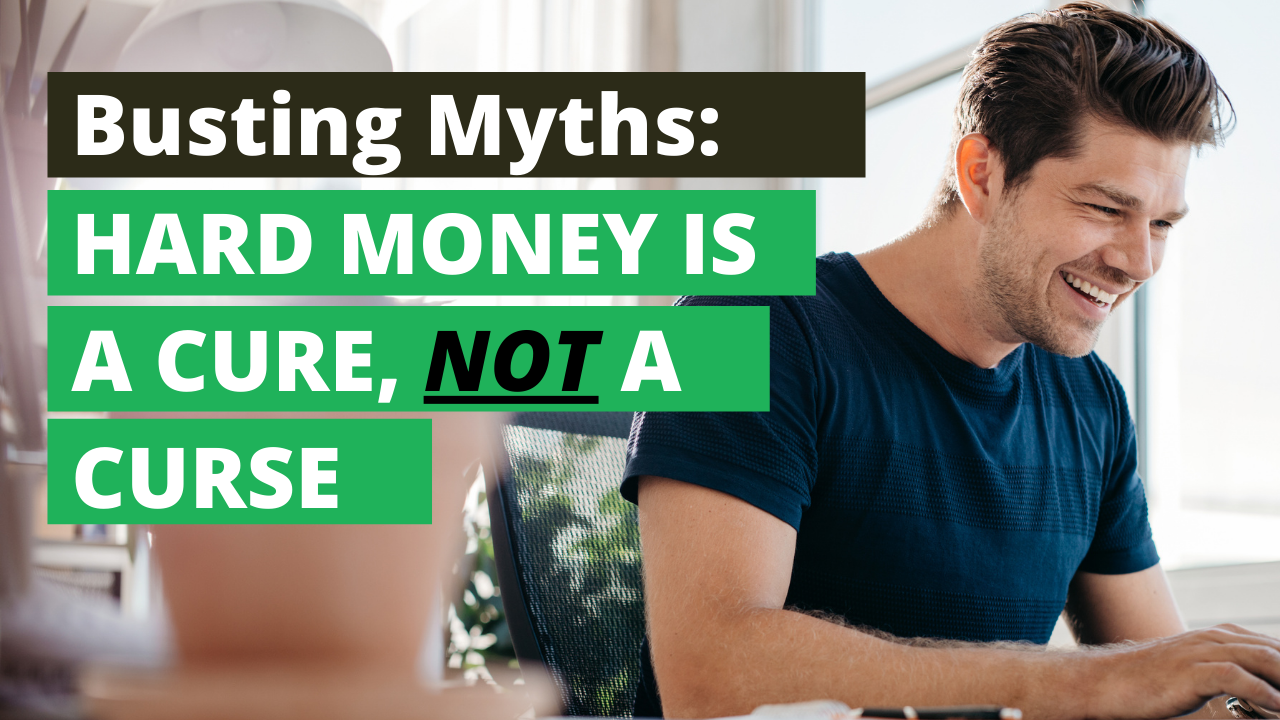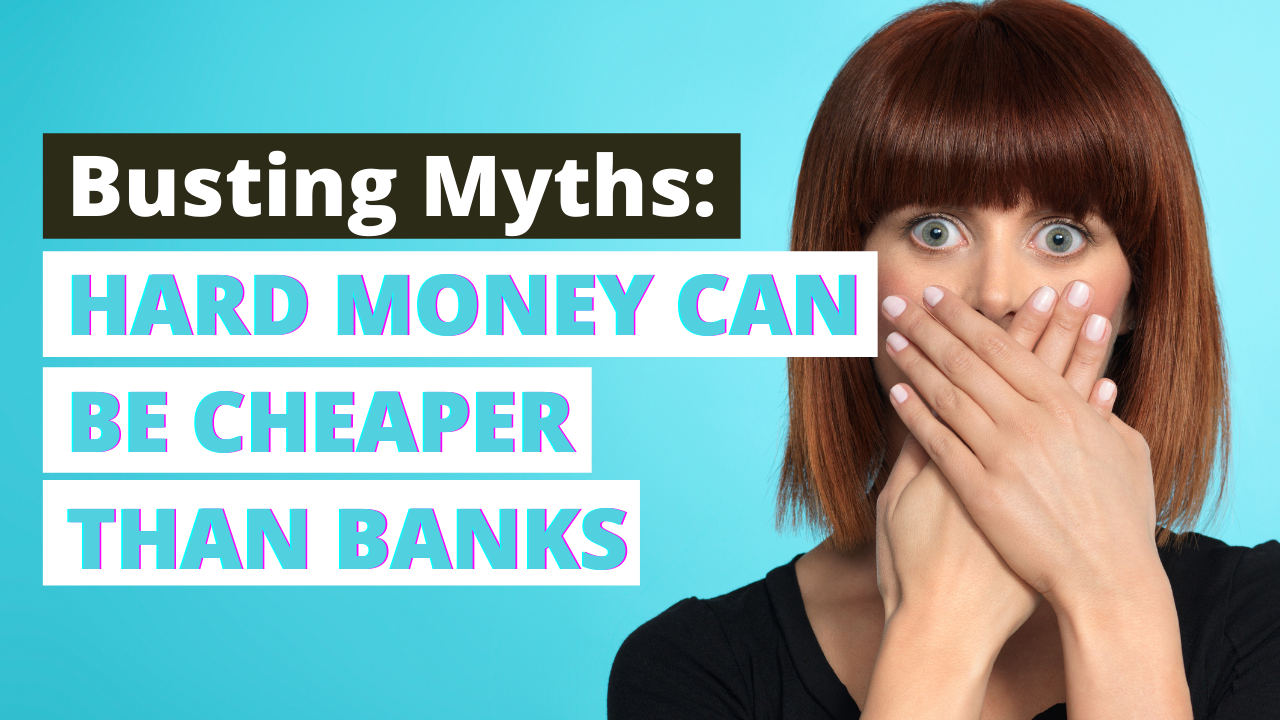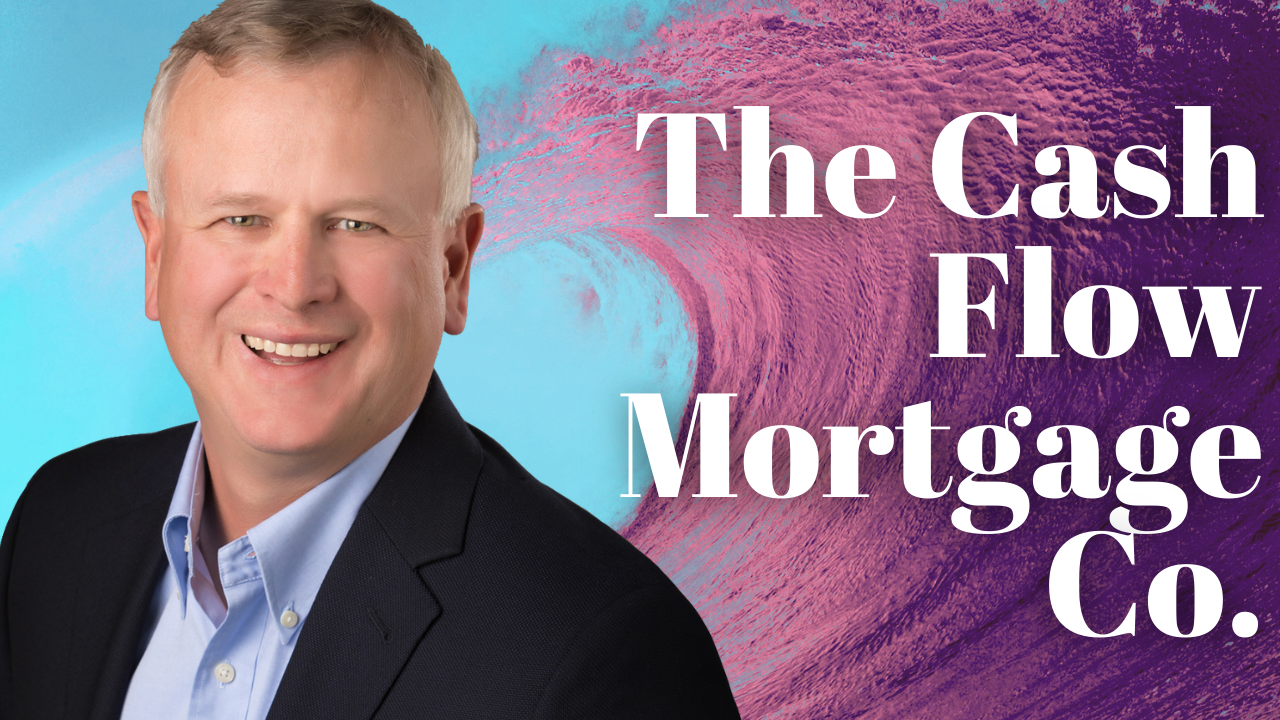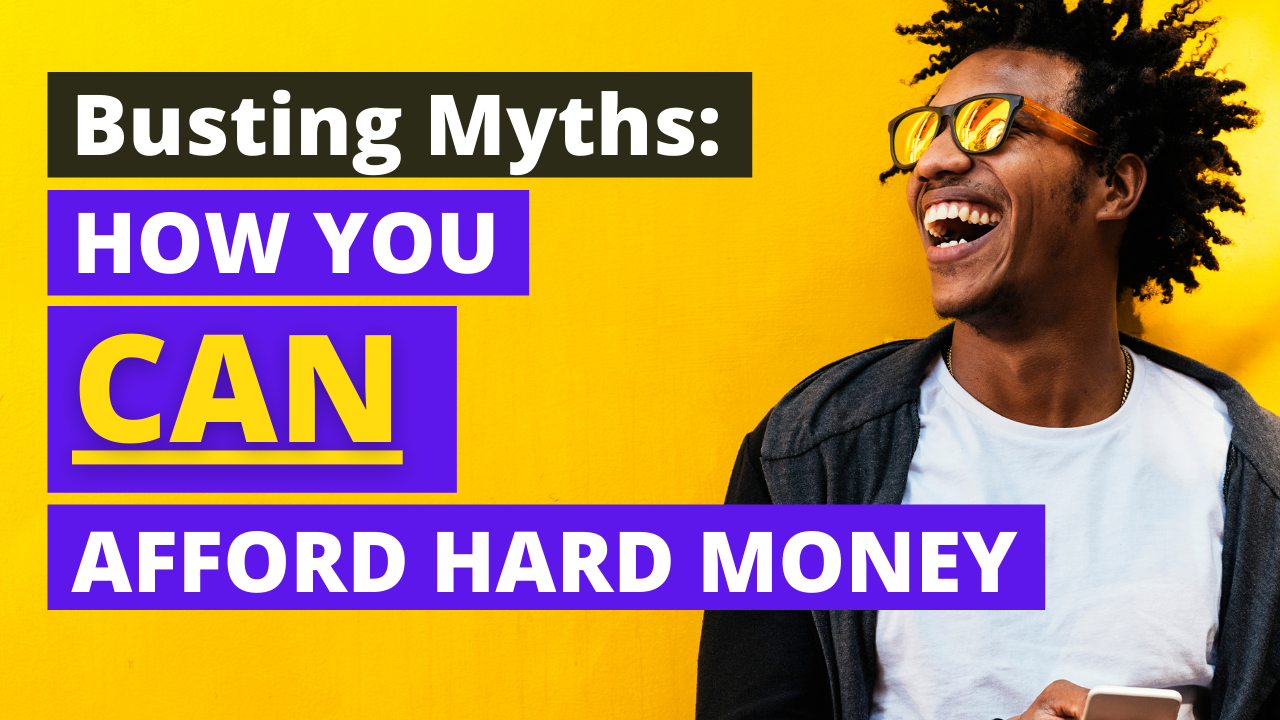Temporary Funding: How to Generate Positive Cash Flow with a Bridge Loan
Temporary funding is one of the keys to real estate investing right now.
So, the world is going a little crazy lately. Things seem to be changing on a daily basis. Many areas of the country are seeing extremely low inventory, which makes it harder to find profit-making deals.
So, what can you do to ensure your cash flow doesn’t take a major hit during these strange and uncertain times? Especially if you’re stuck in a project or need temporary funding?
We suggest getting a bridge loan.
What is a bridge loan?
It’s basically a short-term loan that closes a financial gap.
For example, let’s say you have a hard money loan for a fix and flip or another value-add property, but you’ve run out of money. Well, you can get a bridge loan to help you finish your project. Because it’s way cheaper to get a short-term loan than to get stuck in an expensive long-term loan for months or years while you figure out a way to come up with funds to complete it.
Not to mention dealing with the costs of an unfinished project. Think about materials, contractors, taxes, insurance…the list goes on and on.
Think about your next project!
Bridge loans also work great when you are looking for your next project, but your current project’s closing is delayed. A bridge loan can help with this. It allows you to use the equity in the current project to secure a new one. And then when your current project closes the bridge loan is paid off and you’re on to your next project.
These loans keep your business humming without the stalling out due to lack of funds. You can even get a bridge loan so you can make a cash offer on a real estate deal.
Essentially, a bridge loan is immediate cash flow.
It’s an excellent way to keep your projects moving along and your cash flow, well, flowing! It also prevents you and your bank account from growing stagnant—or worse, depleting.
Ready to chat? Great! Our team is here to help.
We’re eager to set you on a path that helps you make the kind of money you need…to live the life you want.
Happy investing!









